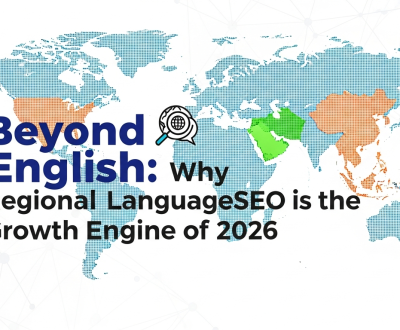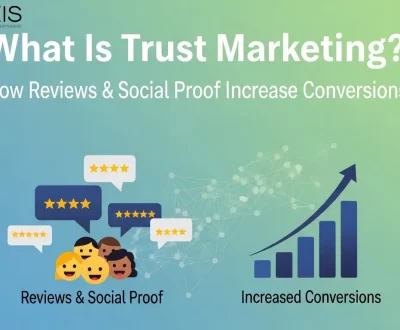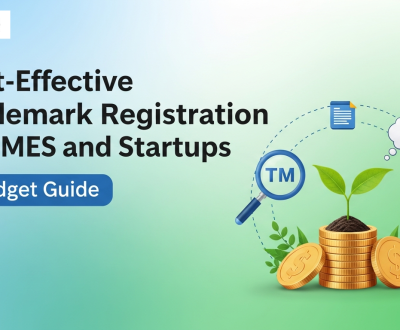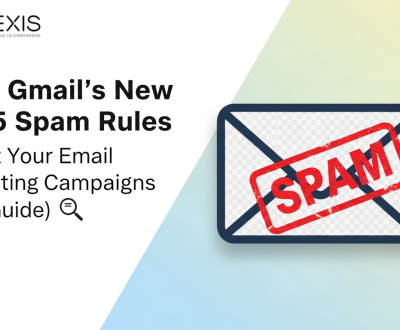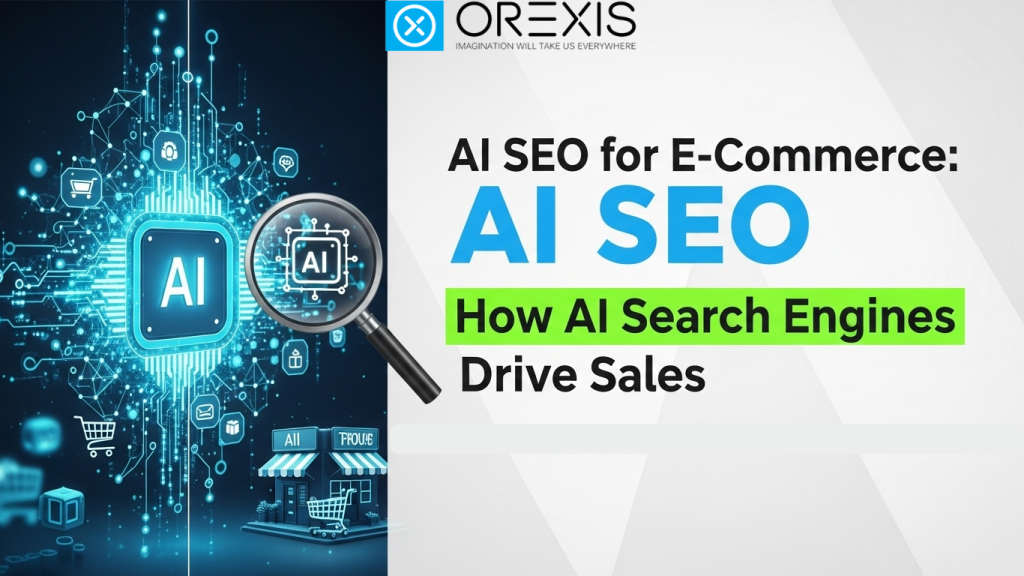
How to Optimize E-Commerce Websites for AI Search Engines? AI SEO for e-commerce focuses on making product pages and category pages discoverable by AI-powered search engines like ChatGPT, Gemini, Perplexity, and Google SGE.
To optimize your e-commerce store for AI search:
- Use conversational product descriptions that answer user queries
- Implement FAQ and Product schema markup for AI parsing
- Create semantic-rich content linking products, categories, and guides
- Include direct answers to common product questions at the top of pages
- Build trust signals like reviews, ratings, and verified sellers
The rise of AI search engines has transformed how users discover and purchase products online. Traditional SEO tactics alone are no longer sufficient. AI platforms like ChatGPT, Gemini, and Perplexity increasingly recommend products and brands directly based on structured, authoritative content.
For e-commerce businesses, this shift means optimizing product and category pages not just for Google’s ranking algorithm but also for AI-driven recommendations.
In this guide, OREXIS — the AI SEO experts — explains how to leverage AI SEO for e-commerce to drive traffic, boost sales, and enhance brand authority.
Why AI SEO Matters for E-Commerce
- Direct Recommendations: AI search engines often suggest products with direct links to e-commerce stores.
- Higher Conversion Rates: Users clicking AI-suggested products are typically ready-to-buy or highly engaged.
- Increased Visibility Across Platforms: Appearing in AI answer boxes ensures exposure on multiple AI search engines.
- Competitive Advantage: Early adoption of AI SEO allows e-commerce brands to outperform competitors still relying solely on traditional SEO.
How AI Search Engines Select E-Commerce Content
- Clarity of Product Information AI prioritizes pages with concise, informative product descriptions Avoid jargon; focus on benefits and specifications
- Structured Data & Schema AI engines rely on Product, FAQ, and Review schema Structured data makes pages machine-readable
- Authority & Trustworthiness Verified reviews, ratings, and authentic seller information increase credibility AI prefers established and trusted e-commerce websites
- Semantic Relevance Related products, categories, and guides improve AI context Linking content within a topic cluster boosts AI recommendation potential
- Freshness & Updates AI favors pages updated with latest stock, trends, or pricing
Step-by-Step AI SEO Strategy for E-Commerce
Step 1: Use Conversational Product Descriptions
- Write descriptions that answer potential buyer questions
- Include use cases, benefits, and comparisons
- Optimize for natural language queries like: “Which gaming laptop is best under ₹70,000?” “How to clean a ceramic cookware set safely?”
Step 2: Implement Product & FAQ Schema
- Product schema includes price, availability, brand, and reviews
- FAQ schema answers common customer queries for each product
- HowTo schema works for tutorial or usage guides
Tip: Schema helps AI engines like Gemini or Perplexity read and cite your product pages.
Step 3: Create Semantic-Rich Content Clusters
- Link product pages with related guides, blogs, and category pages
- Include topical keywords, synonyms, and entities
- Example: For a smartphone store: Product page → iPhone 15 Pro Blog → “Best Tips to Maximize iPhone 15 Battery Life” Category → iPhones under ₹80,000
Step 4: Add AI-Friendly Answer Boxes
- Start product pages with 2–3 sentence summaries that answer common queries
- Use bullet points for specs, features, or benefits
- AI engines often pull these as direct recommendations
Step 5: Build Trust Signals
- Include verified customer reviews and ratings
- Add seller authenticity information (certificates, return policies, delivery details)
- Show secure payment badges and privacy policy
Step 6: Update Pages Regularly
- Refresh content with latest pricing, stock availability, and trending products
- Add new FAQs or user-generated questions
- Keep meta titles and descriptions relevant
Step 7: Promote Content Across Channels
- Gain backlinks from blogs, influencers, and review sites
- Share content on social media platforms
- Encourage mentions and citations in forums and AI-friendly platforms
Common Mistakes in AI SEO for E-Commerce
- Using generic, keyword-stuffed product descriptions
- Not implementing schema markup
- Focusing only on traditional SEO instead of AI-driven queries
- Ignoring content freshness and updates
- Missing trust signals like reviews and verified sellers
FAQs
Q1. What is AI SEO for e-commerce? AI SEO optimizes e-commerce websites to be recommended and cited by AI search engines.
Q2. Which AI platforms should I optimize for? ChatGPT, Gemini, Perplexity, and Google SGE are key platforms to target.
Q3. Do I need structured data for product pages? Yes — Product, FAQ, and Review schema improve AI readability and recommendation.
Q4. How long should product content be? A concise 2–3 sentence summary plus detailed bullet points or tables works best.
Q5. How often should e-commerce pages be updated? At least every 3–6 months, or whenever stock, price, or trends change.
Conclusion
AI SEO for e-commerce is the future of online retail visibility. By implementing conversational product descriptions, structured schema, semantic content clusters, and AI-friendly answer boxes, your website can be cited and recommended by AI search engines, driving high-quality traffic and increasing sales.
At OREXIS, we specialize in AI-first SEO strategies for e-commerce, helping brands get discovered, trusted, and recommended across ChatGPT, Gemini, Perplexity, and Google SGE.
About us
Orexis is one of the leading Digital marketing companies in Kozhikode, Kerala, that delivers Complete digital Marketing services like Social media promotions, SEO, PPC, Branding, etc. to their clients. Cost-effective online advertising services and customer satisfaction are our mottoes.
Subscribe to our newsletter!
Recent Posts
- Google Algorithm Updates in 2026: How Businesses Can Stay Safe January 14, 2026
- Best Cargo Service in Qatar: How to Choose the Right Company (2026 Guide) January 7, 2026
- Beyond English: Why Regional Language SEO is the Growth Engine of 2026 December 30, 2025




